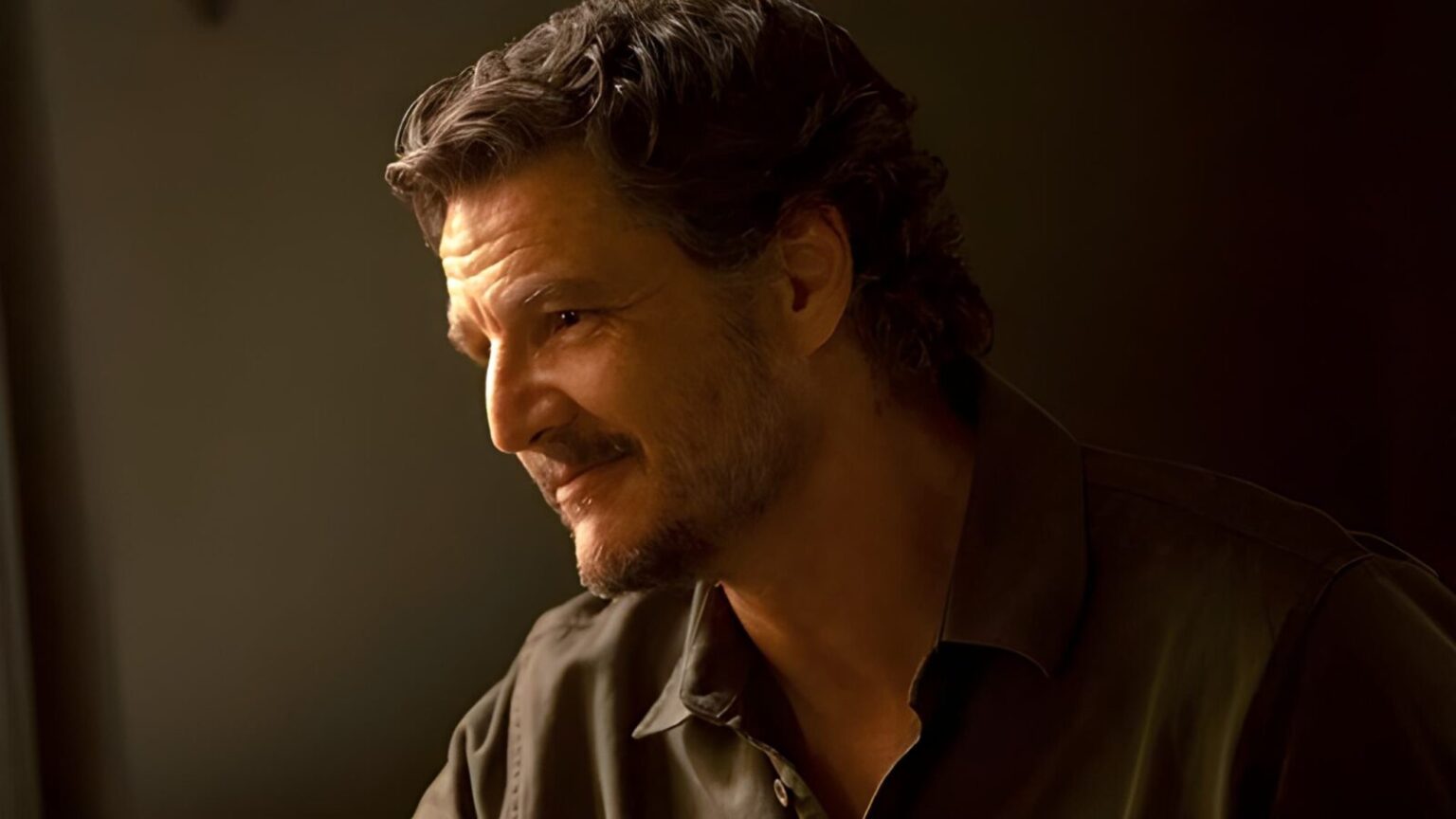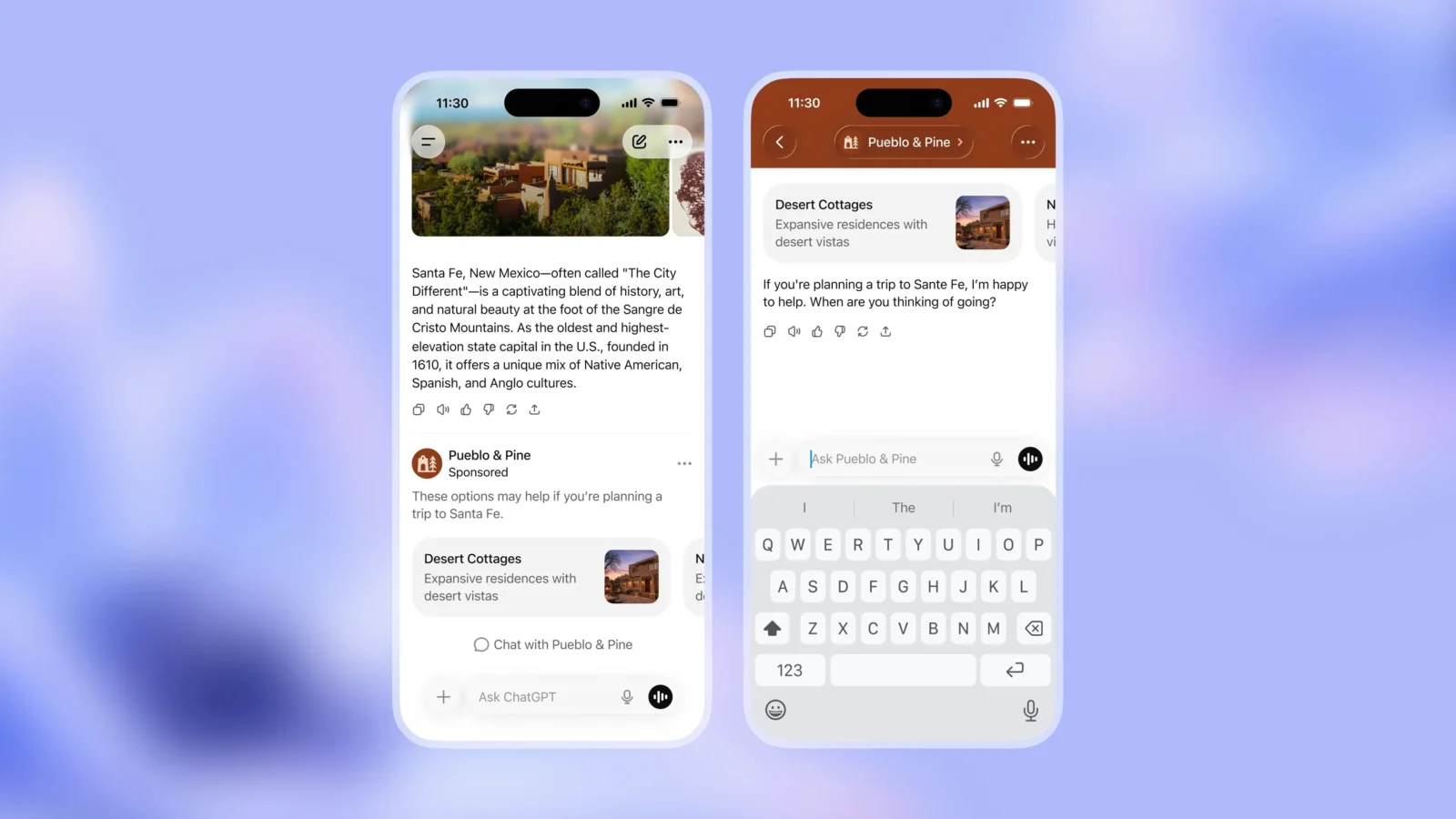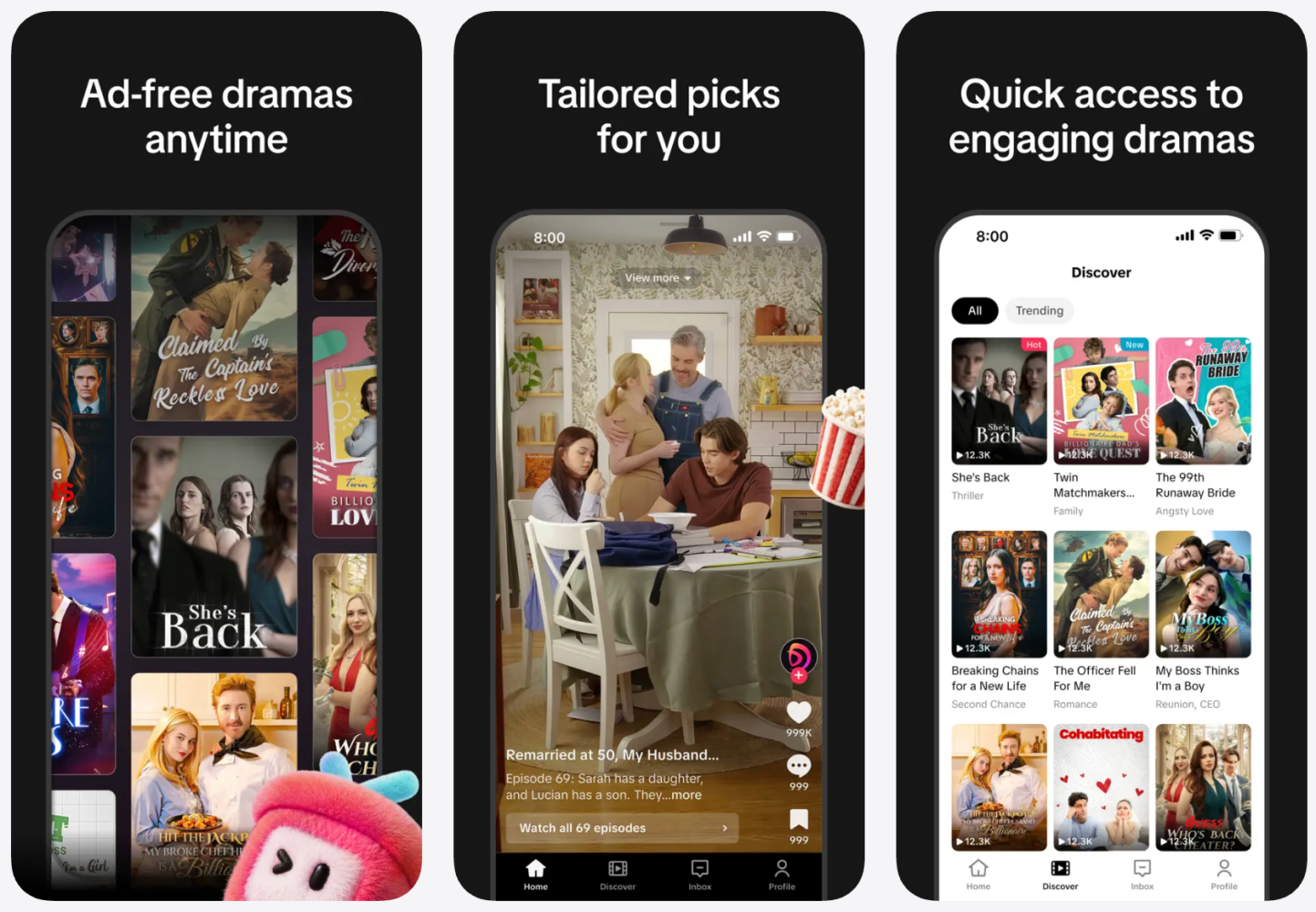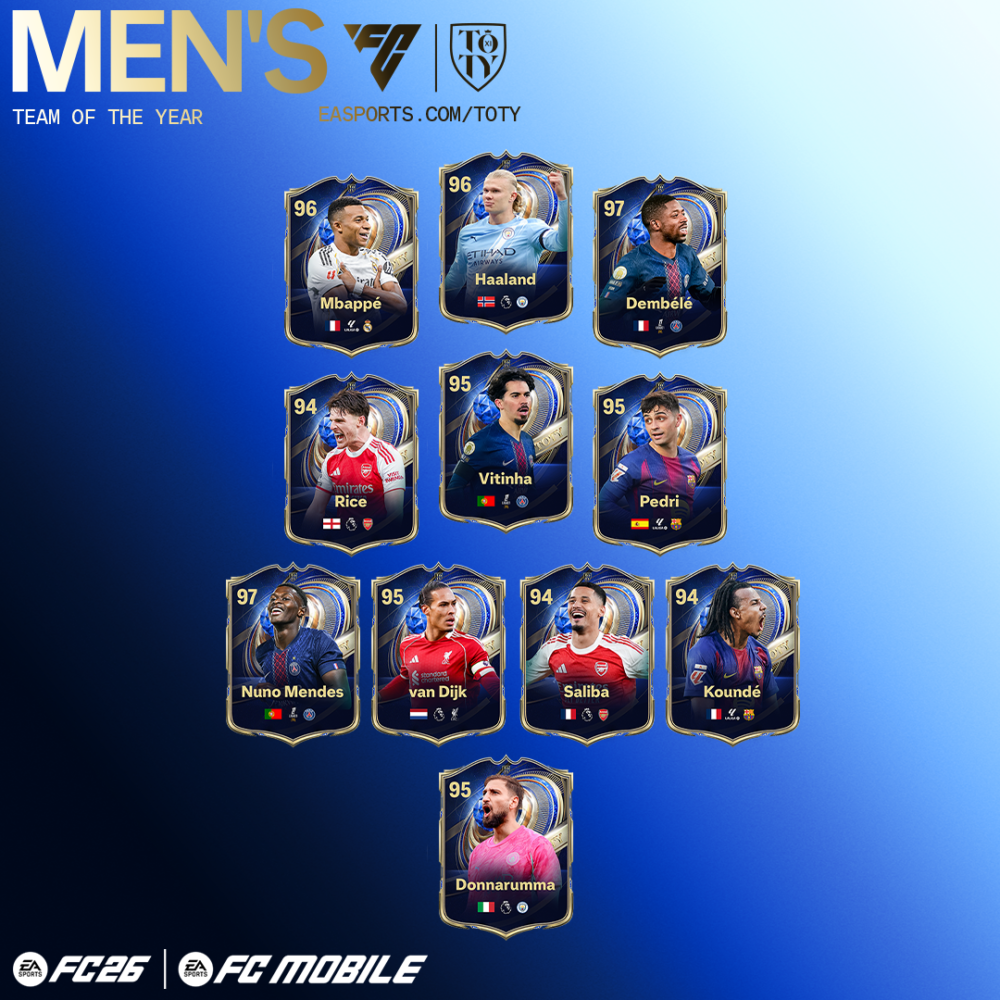TL;DR: Season 2, Episode 6 of The Last of Us is a haunting return to the series’ emotional roots, proving once again that the real apocalypse was the friends—and fathers—we made along the way. Through a poignant series of flashbacks and a final, emotionally brutal confrontation, “The Price” earns its title. This is HBO’s prestige TV at its most devastating, anchored by wrenching performances from Pedro Pascal and Bella Ramsey. A high point in a season that has at times wandered off-course, this episode reminds us that the heart of The Last of Us has always been a broken one.
The Last of Us season 2
The Price We Pay: A Review of The Last of Us Season 2, Episode 6
I didn’t know I missed the ache of The Last of Us until I felt it again—until Pedro Pascal’s Joel told a lie with the kind of softness only grief can lend, and Bella Ramsey’s Ellie let it shatter her. After last week’s dip into factional warfare that felt more like a Walking Dead B-side than the raw, human storytelling that made Season 1 a phenomenon, Episode 6 is a searing reminder of why we showed up in the first place: to watch two broken people try to become whole in a world that no longer offers repair.
This week’s chapter, aptly titled “The Price,” is almost entirely flashback. If you squint, you might mistake it for a bottle episode—a series of snapshots, Ellie’s birthdays through the years, always circling around the looming shadow of Joel’s lie about the Fireflies. But it’s more than that. It’s a thesis statement, a reckoning, a love letter to the fans who came for the clickers but stayed for the heartbreak.
The episode begins with something we never saw in the games: Joel’s childhood. His father, played with quiet menace by Tony Dalton, serves up generational trauma like it’s a family recipe. It’s a subtle retcon that lands with a gut punch, contextualizing Joel’s violence not as aberration, but inheritance. It’s a dangerous move—fans are often allergic to lore expansion—but under Druckmann’s own direction, it works. It also plants the seed for what the episode (and the series) will bloom into: an examination of how violence, love, and loss twist around each other like barbed wire in the soul.
From there, we jump through time. Each birthday is a vignette, a window into the slow decay of the bond between Joel and Ellie. One year, they’re at peace. Joel sings “Future Days,” the Pearl Jam track that became a totem in the game. It’s sweet, almost unbearably so, because we know what’s coming. The next, they visit the dinosaur museum—yes, that scene, rendered with such loving precision it might make fans of the game weep anew. Druckmann nails the tone: whimsical, hopeful, a child’s brief orbit around joy before gravity drags her back down.
But by the time Ellie turns seventeen, the cracks are spidering. Joel still clings to his lie. Ellie, tattooed and moody, begins to suspect the truth. It’s almost worse that she doesn’t confront him yet—that her love is still strong enough to pretend. And in the background, Joel makes a choice that will break her.
Enter Eugene. Played with aching humanity by Joe Pantoliano, Eugene is infected, doomed. His dying wish is simple: to say goodbye to his wife, Gail. But Jackson’s rules are clear. Infected are to be killed on sight. Joel, ever the rule-breaker, finds himself choosing between the new world’s order and his own battered moral code. He chooses the former. He tells himself it’s mercy. He tells Gail a lie. Ellie watches it all unravel. It’s the moment the father figure she built herself on caves in.
The final scene between Joel and Ellie is one for the HBO archives. Ramsey and Pascal perform with a level of raw vulnerability that strips away the post-apocalyptic artifice. It could be any father and daughter, anywhere, falling out over a betrayal too big to repair. Ellie demands the truth. Joel gives it. And then, in what might be his last moment onscreen, he offers a broken, beautiful justification: “If I had to do it all over again, I would. Because I love you.”
And just like that, The Last of Us becomes what it always was: not a zombie show, not an action drama, but a story about how love—messy, selfish, violent love—survives when everything else dies.
Final Verdict
This episode doesn’t just redeem the season’s slower moments—it reframes them. It’s a masterclass in character development, emotional pacing, and adaptation. Even if you know where the story is going, it still hits like a sucker punch. And if this really is the last we see of Joel and Ellie together, then it’s a farewell worthy of their legend.







